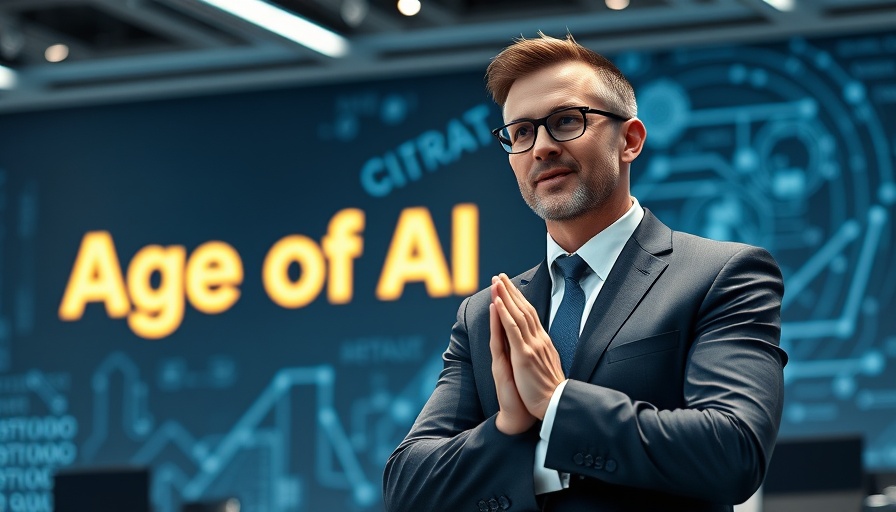
Microsoft Introduces Dragon Copilot: A Voice-Activated AI Assistant for Healthcare
On March 3, 2025, Microsoft unveiled the Dragon Copilot, an innovative voice-activated artificial intelligence assistant designed specifically for healthcare professionals. This new tool combines the features of Microsoft’s existing dictation solutions, Dragon Medical One, and ambient listening capabilities of DAX Copilot into a single powerful application.
Why This Launch Matters
The launch comes at a crucial time when many healthcare workers are struggling with overwhelming clerical workloads that lead to burnout. A recent study indicated that doctors spend nearly 28 hours a week on administrative tasks like documentation, detracting from patient care. Dr. David Rhew, Microsoft’s global chief medical officer, emphasized that technology like Dragon Copilot will help clinicians focus more on their patients, promoting better healthcare outcomes overall.
Transforming Administrative Tasks With AI
Dragon Copilot is capable of drafting a variety of clinical documents, including clinical notes, referral letters, and post-visit summaries— all executed through simple voice commands. This shift towards voice technology is in line with broader trends in AI, where advanced systems integrate natural language processing to engage in seamless interactions.
The Future of Voice Assistants in Healthcare
As we look forward, the integration of AI voice assistants like Dragon Copilot into healthcare presents myriad opportunities. Emerging technologies harness the power of natural language understanding (NLU), allowing healthcare professionals to interact with AI systems in a more conversational, efficient manner. These developments will not only minimize documentation time but could also improve communication with patients, leading to enhanced relational care.
Addressing the Overwhelming Burden of Documentation
Clinicians today are facing a growing burden of documentation duties, which is recognized as a driving factor in burnout. In this context, Microsoft's Dragon Copilot can be a game-changer. By incorporating AI into routine tasks, healthcare providers can reclaim valuable time that can be redirected toward their patients. This approach is essential as the healthcare system grapples with a shortage of professionals exacerbated by chronic administrative pressures.
Benefits of AI Integration in Healthcare
The benefits of integrating AI into healthcare extend beyond simple efficiency gains. AI assistants offer emotional recognition and responsiveness similar to a human aid, providing not just functional support but empathetic interactions as well. These capabilities will be crucial, especially in areas such as mental health care, where understanding emotional cues can tailor patient interactions effectively.
Current Challenges and Future Trends
Despite the potential benefits, embracing AI technology is not without its challenges. Privacy risks regarding sensitive health data, biases in AI algorithms, and difficulties in integrating with existing healthcare systems are significant hurdles that must be overcome. However, careful implementation and adherence to privacy regulations could allow these AI tools to flourish in a healthcare setting.
Conclusion: Preparing for an AI-Driven Future
As the healthcare landscape evolves with the introduction of AI tools like Dragon Copilot, healthcare professionals must prepare for a future where voice-activated assistants become commonplace. By easing administrative burdens, AI stands as a fundamental solution to enhancing efficiency within healthcare systems, ultimately paving the way for a more patient-centered approach in care delivery.
If you're interested in learning more about how AI is shaping the future of healthcare, stay updated on the latest developments in AI technology. The journey towards a balanced integration of AI in healthcare is just beginning.
 Add Row
Add Row  Add
Add 




 Add Row
Add Row  Add
Add 

Write A Comment